描述
AMPICILLIN CAPSULE 500MG
Indicatios:
Ampicillin capsules are indicated in the treatment of infections caused by susceptible strains of the designated organisms listed below:
Infections of the genitourinary tract including gonorrhea:E. coli, P. mirabilis, enterococci, Shigella, S. typhosa and other Salmonella, and nonpenicillinase producing N. gonorrhoeae.
Infections of the respiratory tract: Nonpenicillinase- producing H. influenzae and staphylococci, and streptococci including streptococcus pneumoniae.
Infections of the gastrointestinal tract:Shigella, S. typhosa and other Salmonella, E. coli, P. mirabilis, and enterococci.
Meningitis:N. Meningitides.
Dosage and administration:
Adults and children weighing over 20 kg:
For genitourinary or gastrointestinal tract infections other than gonorrhea in men and women, the usual dose is 500 mg qid in equally spaced doses; severe or chronic infections may require larger doses. For the treatment of gonorrhea in both men and women, a single oral dose of 3.5 grams of ampicillin administered simultaneously with 1 gram of probenecid is recommended.
For respiratory tract infections, the usual dose is 250 mg qid in equally spaced doses.
Pediatric patients weighing 20 kg or less:
For genitourinary or gastrointestinal tract infections, the usual dose is 100 mg/kg/day total, qid in equally divided and spaced doses. For respiratory tract infections, the usual dose is 50 mg/kg/day total, in equally divided and spaced doses three to four times daily. Doses for children should not exceed doses recommended for adults.
All Patients, Irrespective of Age and Weight:
Larger doses may be required for severe or chronic infections. Although ampicillin is resistant to degradation by gastric acid, it should be administered at least one-half hour before or two hours after meals for maximal absorption. Except for the single dose regimen for gonorrhea referred to above, therapy should be continued for a minimum of 48 to 72 hours after the patient becomes asymptomatic or evidence of bacterial eradication has been obtained. In infections caused by hemolytic strains of streptococci, a minimum of 10 days’ treatment is recommended to guard against the risk of rheumatic fever or glomerulonephritis (see PRECAUTIONS–Laboratory Tests).
Contraindications:
A history of a previous hypersensitivity reaction to any of the penicillins is a contraindication. Ampicillin is also contraindicated in infections caused by penicillinase-producing organisms.
Precautions:
Prolonged use of antibiotics may promote the overgrowth of nonsusceptible organisms, including fungi. Should superinfection occur, appropriate measures should be taken.
Patients with gonorrhea who also have syphilis should be given additional appropriate parenteral penicillin treatment.
Drug interactions:
When administered concurrently, the following drugs may interact with ampicillin.
Allopurinol: Increased possibility of skin rash, particularly in hyperuricemic patients may occur.
Bacteriostatic Antibiotics: Chloramphenicol, erythromycins, sulfonamides, or tetracyclines may interfere with the bactericidal effect of penicillins. This has been demonstrated in vitro; however, the clinical significance of this interaction is not well-documented.
Oral Contraceptives: May be less effective and increased breakthrough bleeding may occur.
Probenecid: May decrease renal tubular secretion of ampicillin resulting in increased blood levels and/or ampicillin toxicity.
Storage:
Do not store above 25°C.
Store in the original package in order to protect from light

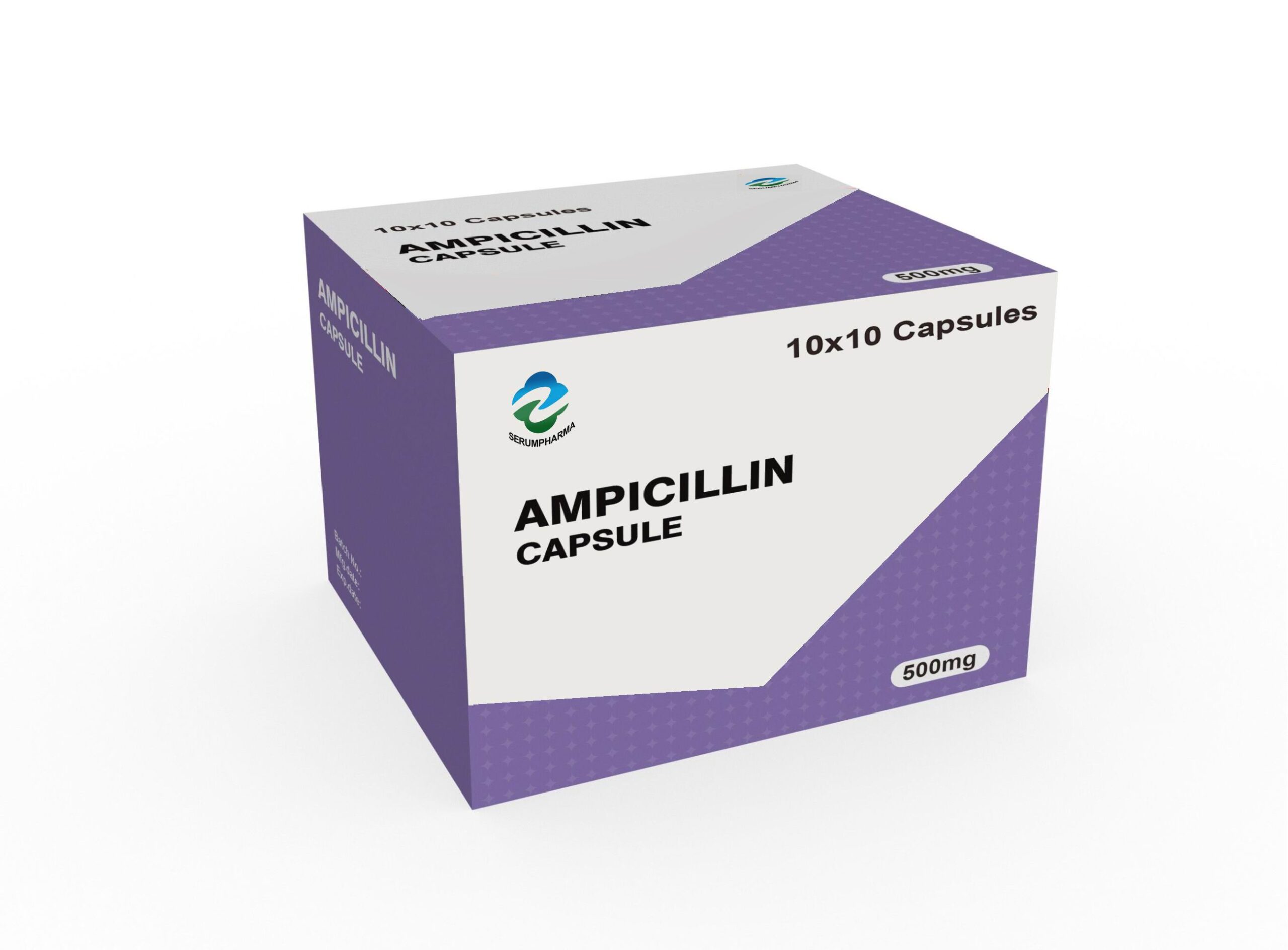
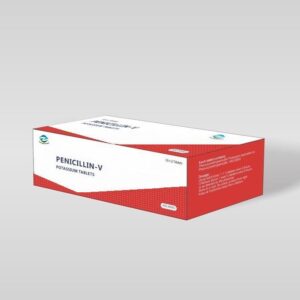
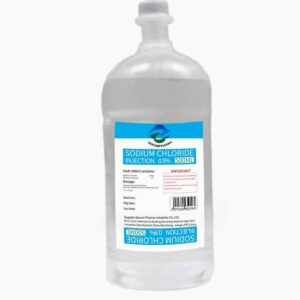
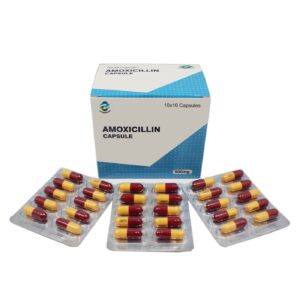
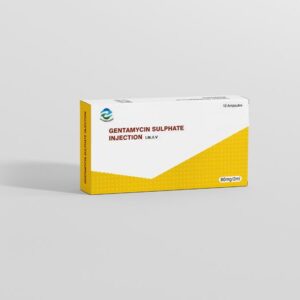
商品評價
目前沒有評價。